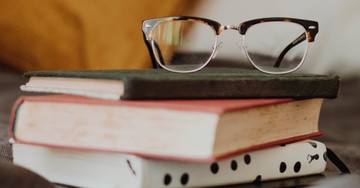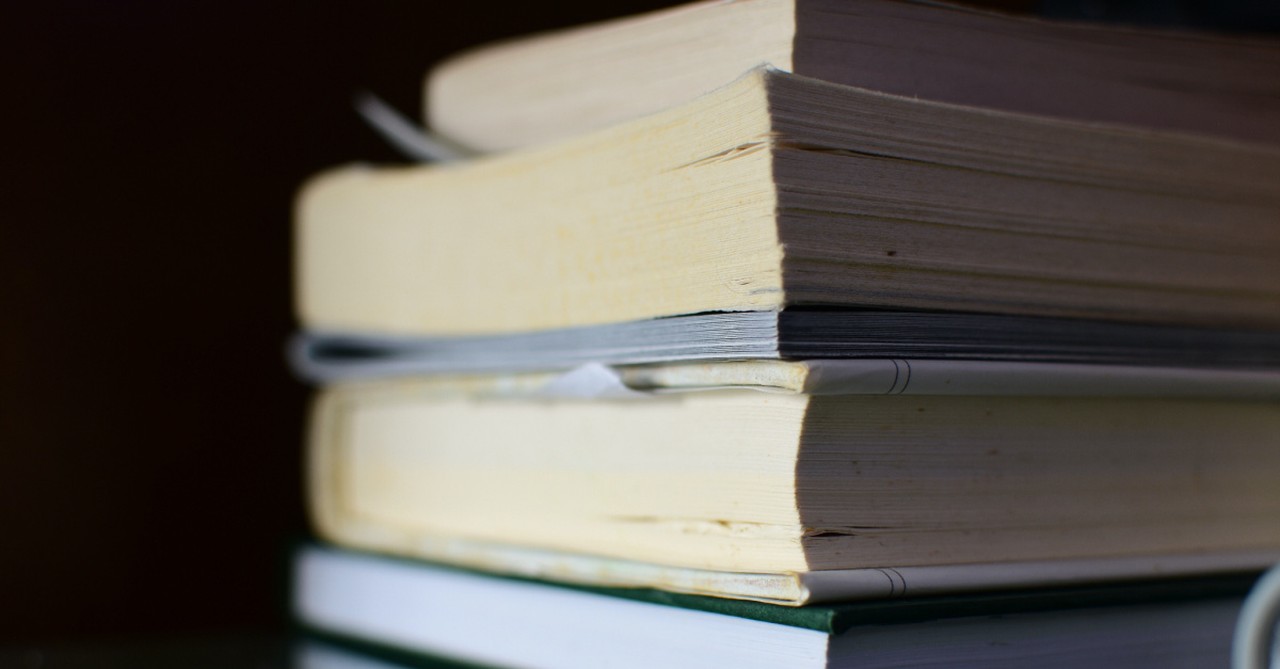
As a writer, I'm also an avid reader. Though I'll admit, I don't read or get to read nearly as much as I did in middle and high school.
I joined the Author Conservatory in 2021, a program requiring us to read books of choice and mandatory titles. After all, the best way to learn to write well is to read excellent books.
I've decided to compile my top ten book picks from the last year. If you're looking for a little bit of mystery, a lot of suspense, and a whole lot of mental health, these are books I'd recommend for you to read:
Photo Credit: ©Mahendra Kumar/Unsplash
1. I Love Jesus, But I Want To Die by Sarah J. Robinson
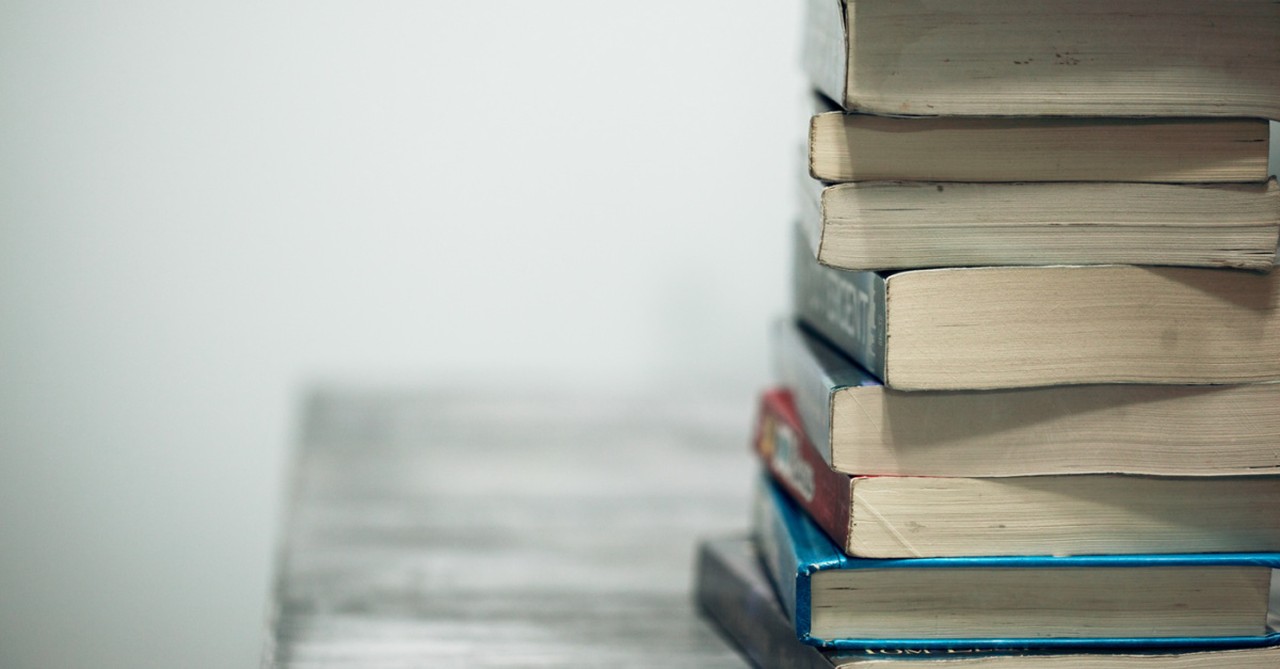
1. I Love Jesus, But I Want To Die by Sarah J. Robinson
SLIDE 1 OF 10
When I first found this book, I thought in my heart, “Yikes.” Do I really love Jesus and want to die? Do other people truly feel this way? Maybe I’m not alone?
I’ve been blessed to never suffer with thoughts of “wanting to die.” While my father has and often is suicidal, those are struggles I'm unfamiliar with. I do not know what depression feels like to the extent that one wants to die. However, I do know what depression feels like when you want to go to sleep and not wake up until things are better. Until the pain is gone. Until the anxiety ceases. Until the trauma has forsaken its ugly scars.
To anyone who struggles with mental health, this book is for you (though trigger warnings are clearly labeled in the book).
As someone who dreams of writing nonfiction books about mental health, this book was an eye-opener for me. The author writes in a friendly, compelling, and helpful tone. Every chapter was written not only with Sarah’s story but with practical applications for you to take away. It didn’t feel like a self-help book. It felt like a friend writing to someone they love from a place of experience yet still struggling themselves. A memoir. But a memoir with an emphasis on the readers and how to help them.
I’m excited to read rich resources like this along the way to full-time authorship that encourage, inspire, and equip me for the journey.
Photo Credit: ©Sharon McCutcheon/Unsplash
2. Sometimes I Lie by Alice Feeney
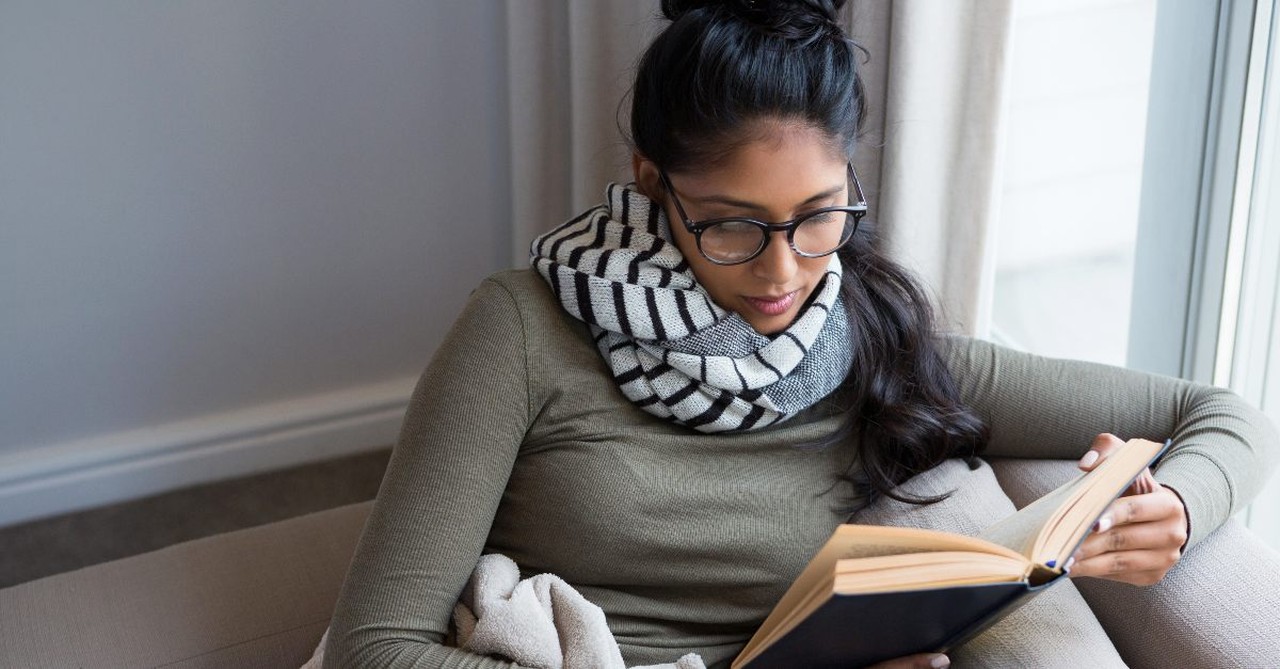
2. Sometimes I Lie by Alice Feeney
SLIDE 2 OF 10
The main premise of Sometimes I Lie follows the story of a woman alternating between her paralyzed present and a series of childhood diaries from twenty years ago. In a brilliant psychological thriller, twists and turns fill every step. Just when you think you've solved the case, you realize you haven't been paying attention at all.
Although this is not a Christian book, I was enthralled. I think it took me about a week to read, but that was only because I had to go to work and get other things done. If I could’ve had the time, I would’ve read the entire book in one sitting. While I know how people sometimes feel about books that are not rooted in biblical principles, this book was really helpful for me. It was nice to just read fun fiction.
In the future, I'm considering adding psychological thrillers to my repertoire. I could see myself writing nonfiction, psychologically thrilling fiction, and poetry. What types of books would you consider writing or reading?
Photo Credit: ©iStock/Getty Images Plus/Wavebreakmedia
3. Daisy Darker by Alice Feeney
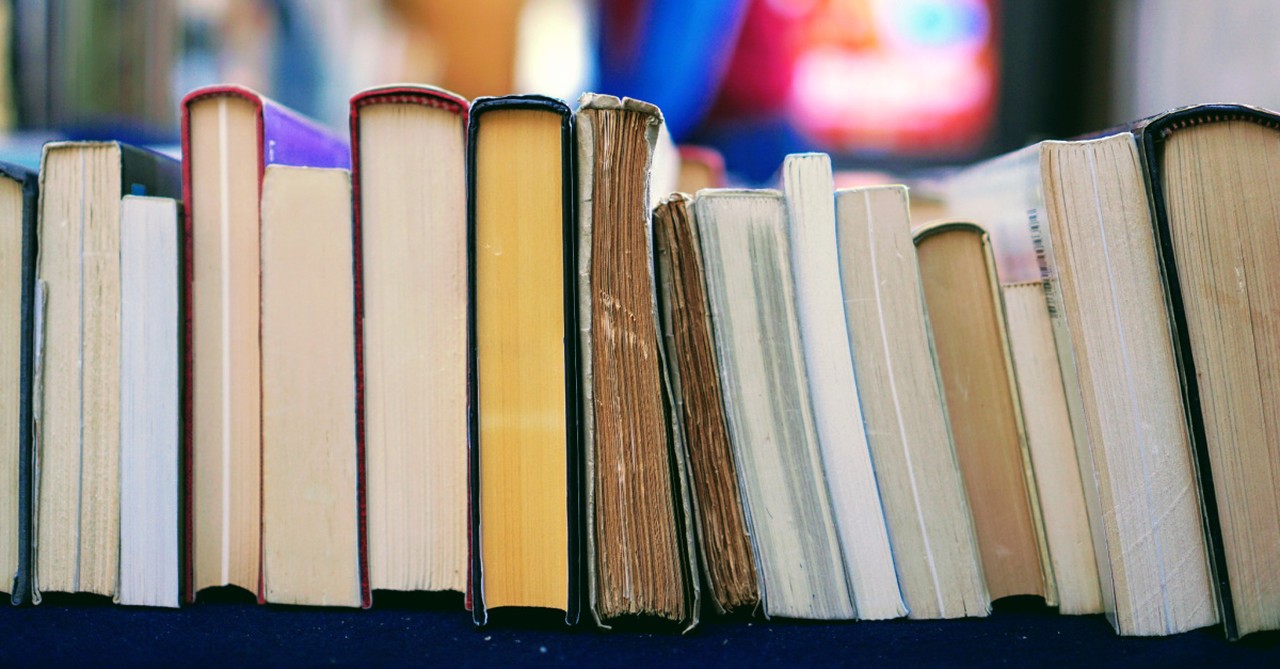
3. Daisy Darker by Alice Feeney
SLIDE 3 OF 10
If you’re looking for an October story filled with mystery, suspense, and tension, Daisy Darker is for you.
As someone who loves murder mystery books, I was thrilled to find a book that had minimal cursing and inappropriate scenes. I love Alice Feeney as an author, but she occasionally uses both of those things in her books. Fortunately, this book didn’t.
I used the audio for reading because I’ve been so busy, but I enjoyed that. The reader had an accent and it was fun to hear the story aloud. It almost felt like something from Clue.
Photo Credit: ©Tom Hermans/Unsplash
4. On Writing Well by William Zinsser

4. On Writing Well by William Zinsser
SLIDE 4 OF 10
Friends. I read this book during one of the most stressful times of my life, but I still thoroughly enjoyed it.
I have to be honest. I had a really hard time reading it and staying interested. I also used the audio for the second half because I found myself re-reading the same lines over and over again, dying of boredom/getting lost in some of the stories. Especially the long-winded ones illustrating how not to write.
Overall, however, On Writing Well presents a lot of practical tips for writing non-fiction. It’s not the type of book I would sit down and read for enjoyment. However, there were a lot of tips, tricks, and tidbits I immediately took note of. For example, the ability to be clear, concise, compelling, and authentic, for one.
In an oddity, some of my favorite chapters were the most unlikely ones. For example, I never see myself writing about science or math, but the chapter that talked about those subjects was fascinating to me. I was the kid who was told she just didn’t have a math or science brain. But the revelation that math and science people can be writers too was compelling. My husband, for example, works in IT. I always wondered why he could write well even though he didn’t have an English and art brain. I now understand it. Anyone who can think clearly can write clearly. Mind-blown!
My other favorite chapters included the ones about memoirs, places, and personal family history. I’ve often struggled to balance sharing too much information and not enough. But Zinsser notes this is your story. Get it all out now and then worry about permission and what others will think second. Sometimes, it’s honestly so therapeutic to get it all out now and then edit and consider others later.
I’ve also always seen myself as the type of person to become a traveling writer because of my love for nature, mountains, and the world around us. (Side note: I was a journalist in college and loved it.) The tips that Zinsser presented have made me feel well-equipped to continue into my author career.
I also found it profound in Chapter 23, that the common denominator all writers struggle with is knowing how to organize what they want to write about. Research says I'm not the only one to struggle with this!
Photo Credit: ©Getty Images/seb_ra
5. Try Softer by Aundi Kobler
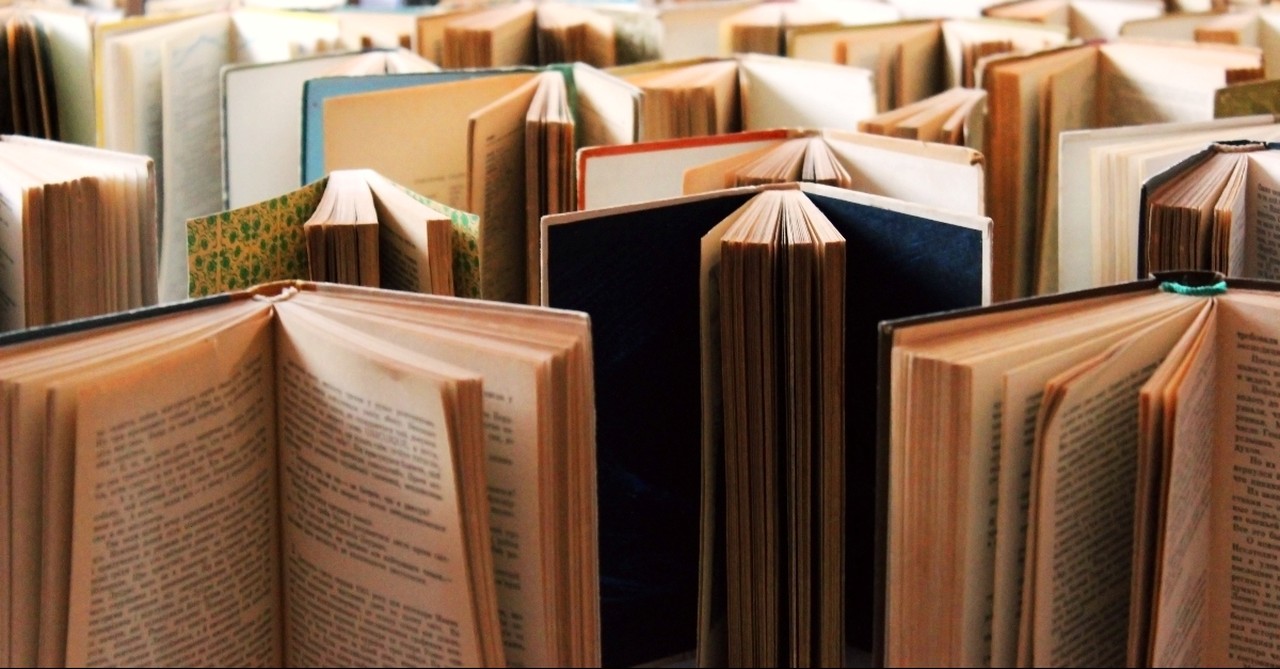
5. Try Softer by Aundi Kobler
SLIDE 5 OF 10
Try Softer is a beautiful guide on living out the gospel in a way that combats today's "try harder" dogma.
I chose to read this book because it was recommended to me by Brett Harris. My husband Ben and I decided to listen to it on our honeymoon and it was amazing.
Stylistically, I learned a lot from Aundi. Her ability to tell stories, using her own and others was powerful. The language, content, and style are focused, clear, and emotional. The deep places she writes and reflects from are depths I, too, want to explore.
Content-wise, I love the author's ability to zone in on every chapter but also provide practical steps. She continually uses stories and analogies, but relational ones.
In a lot of ways, Aundi’s story and content reflect what I want to write. I’m learning a lot from the book even after finishing it, trying to be softer now from a new place of healing.
Photo Credit: ©iStock/Getty Images Plus/rihard_wolfram
6. Know Your Endo by Jessica Murnane

6. Know Your Endo by Jessica Murnane
SLIDE 6 OF 10
All that to say, I felt so honored that my uncle chose to bless me with a book, knowing he doesn’t necessarily hold the same Christian values as myself. I really enjoyed reading the book to become more informed and feel it did help me prepare for my diagnostic surgery.
One specific writing takeaway I got from this book was the author’s style and helpful tips. I loved that she used stories and practical instructions for how to do things. She also called us readers “friendos.” Just a cute, but clever way to add personality and connection to a more science-based book.
Photo Credit: ©Getty Images/Chinnapong
7. After Dark with Roxie Clark by Brooke Lauren Davis
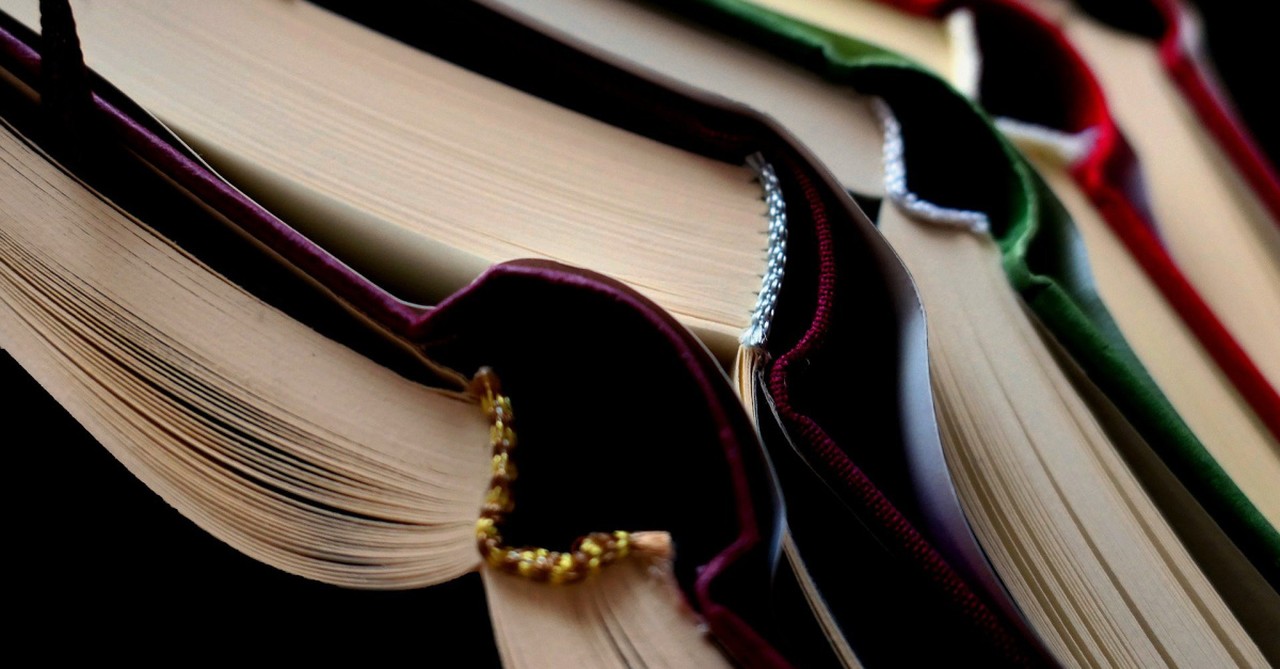
7. After Dark with Roxie Clark by Brooke Lauren Davis
SLIDE 7 OF 10
While Brooke uses some mature language I wouldn’t use, she’s an incredible writer. The way she seamlessly strings together plots and sentences is that of a pro-writer I admire. To anyone looking for a good mystery book, this hits #1. I’m happy to learn from her concise yet compelling stories, and her ability to hold my interest through to the end.
As a non-fiction writer, I want to improve my writing by learning to incorporate more story-like details as fictional writing has. Kind of like Bethany J. Melton, Charis Rae Mace, or Sara Willoughby styles.
Photo Credit: ©Moritz320/Pixabay
8. How to Win Friends and Influence People by Dale Carnegie

8. How to Win Friends and Influence People by Dale Carnegie
SLIDE 8 OF 10
This book was a required read for my second year of study at the Author Conservatory. Although I don't love educational texts, how I escaped college and many of my adult years without hearing about this book blows my mind.
At first, I must admit I was skeptical. The opening chapters bored me a little, and at certain points, I thought to myself, Good gully, this guy likes to use stories. Now that I’ve finished it, however, I am in awe of how many nuggets have stayed with me. I’m also impressed with how much easier it is for me to now integrate stories into my own writings.
While I could write down hundreds of nuggets from this gem, I’ll leave you with one of my favorites. In Section 2, Chapter 4, Dale encourages us to be a good listener and encourage others to talk about themselves. I have tried this in my personal and professional life, and it has truly made all the difference.
Not only do people feel cared for, but they generally end up caring for me as well. People are desperate for someone to listen to them. Taking the time to simply ask someone in the hallway “Are you okay?” instead of “How are you?” proves your sincerity for them.
Photo Credit: ©Getty Images/vejaa
9. Night by Elie Wiesel

9. Night by Elie Wiesel
SLIDE 9 OF 10
Because I am a teacher, I believe that Wiesel has a unique and admirable style as a writer. This non-fiction memoir is heartbreaking and empathetic. It highlights what it was like to experience the Holocaust and grapple with one's faith.
Although this book is about the Holocaust, it's an excellent analysis of mental health in the face of crises, especially in relation to faith.
By definition, faith is defined as:
1. A complete trust or confidence in someone or something.
2. A strong belief in God or the doctrines of a religion, based on spiritual apprehension rather than proof.
Hebrews 11:1 says faith is being sure of that which we cannot see. One of Night's themes is the topic of religion and faith.
Faith is first mentioned when Elie pursues learning about his faith with Moishe the Beadle. He studies "the Talmud during the day, the Kabbalah at night." Moishe guides him in his studies and asks questions such as, "Why do you pray?" These questions serve as an outline for Elie to follow as he questions and explores the Jewish faith.
Many scholars argue that Night portrays a loss of faith, however, it is clear that at the end of his life, he still believes in God and a life after death. His religion may have changed, but he still believes in God’s power and the afterlife.
As a faith and mental health writer, this concept of faith, pain, and inhumanity are all themes I want to explore. While the Holocaust is significantly different and worse than the physical and mental anguish I have experienced, it has given me more appreciation, growth, and reflection for learning.
Photo Credit: ©GettyImages/Tetra Images
10. The Body Keeps the Score by Bessel van der Kolk
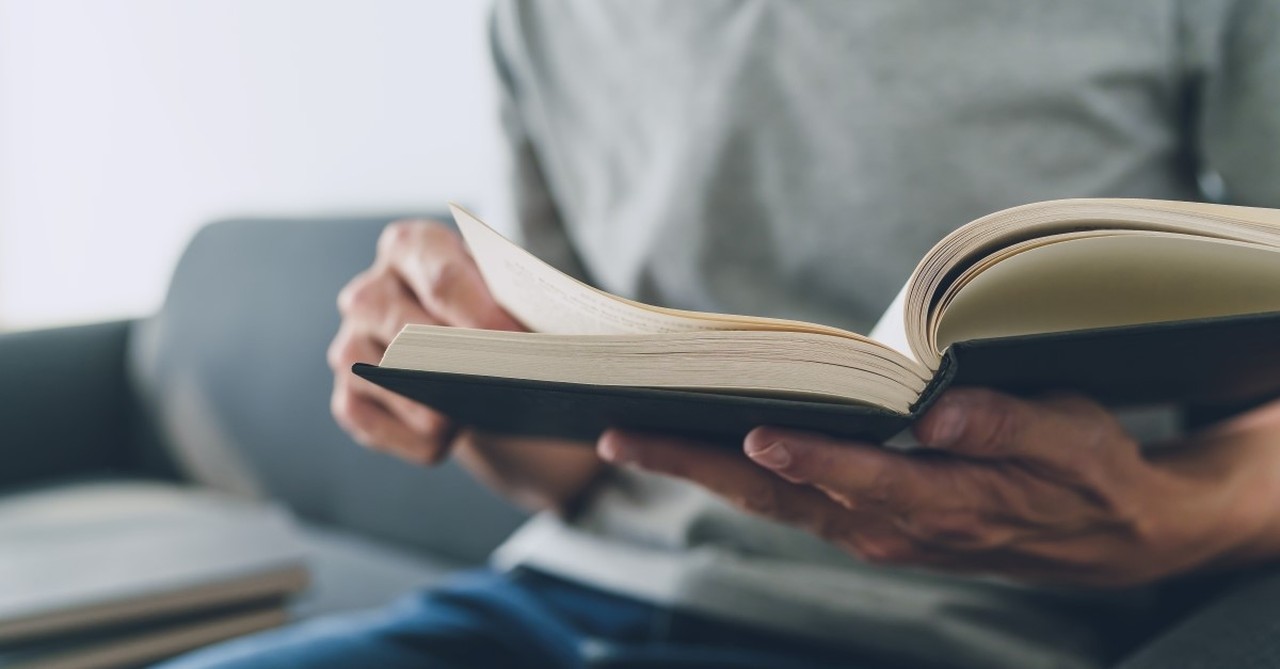
10. The Body Keeps the Score by Bessel van der Kolk
SLIDE 10 OF 10
Takeaway #1: This is a hard read. I’m usually someone who can sit down and read an entire book from start to finish, but this book required me to take a lot of breaks. I listened to almost 90% of it via audiobook and then went back to take notes. I feel that I didn’t comprehend much during this first reading because it was so much to take in. Nevertheless, I felt accomplished just combing my way through it.
Takeaway #2: Trauma is all around us and within us. Some cool things I learned about myself as someone with trauma: Trauma can be seen in our thought-making processes, handwriting, and emotions.
Takeaway #3: The author did a great job of using case study examples and stories to prove his research. I really enjoyed these sections of the book and hope to integrate them into my own.
Takeaway #4: There are tons of facts and statistics I can use in this book for writing my own. I began to see how important the topic I’m writing about is and how trauma majorly plays a role in our development and the development of young adults.
Some favorite quotes:
“Traumatized people chronically feel unsafe inside their bodies: The past is alive in the form of gnawing interior discomfort. Their bodies are constantly bombarded by visceral warning signs, and, in an attempt to control these processes, they often become experts at ignoring their gut feelings and in numbing awareness of what is played out inside. They learn to hide from their selves.” (p.97) I definitely see this in my addiction to productivity and through my high-functioning anxiety.
“As long as you keep secrets and suppress information, you are fundamentally at war with yourself…The critical issue is allowing yourself to know what you know. That takes an enormous amount of courage.” Oh, the power of healing in sharing your burdens with someone else.
“The greatest sources of our suffering are the lies we tell ourselves.” This one gives me chills and reminds me of my story. When I refused to tell people I was suffering from mental health issues and an eating disorder, I was lying to myself/others. Holding onto the idea that we don’t need help for things only poisons us.
Photo Credit: ©Getty Images/Kriangsak Koopattanakij

Originally published January 16, 2024.

